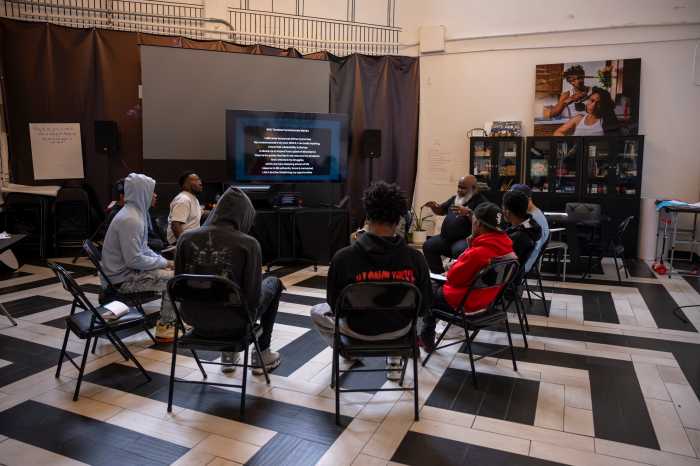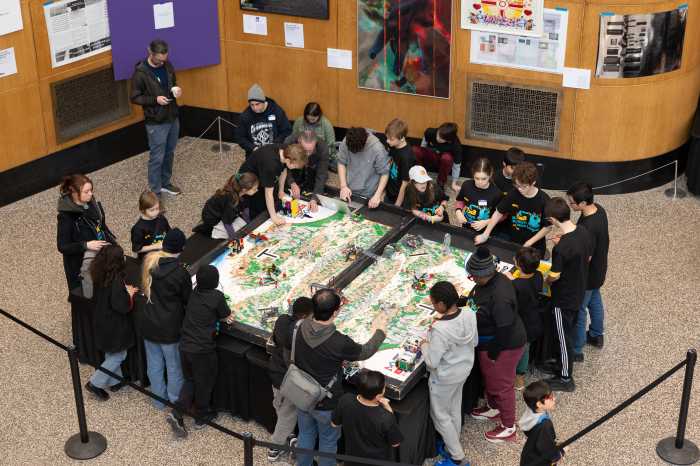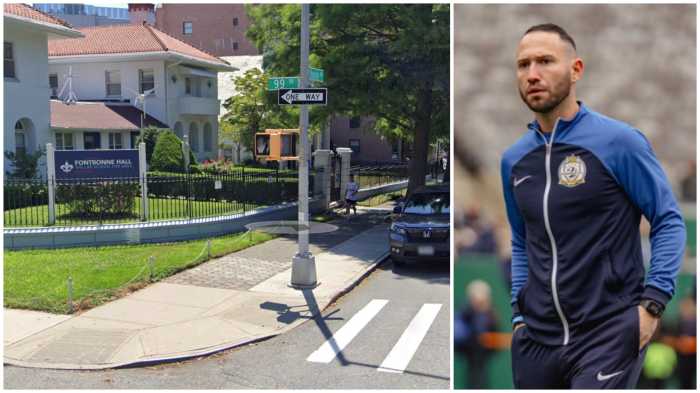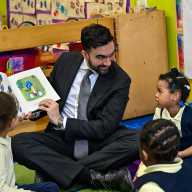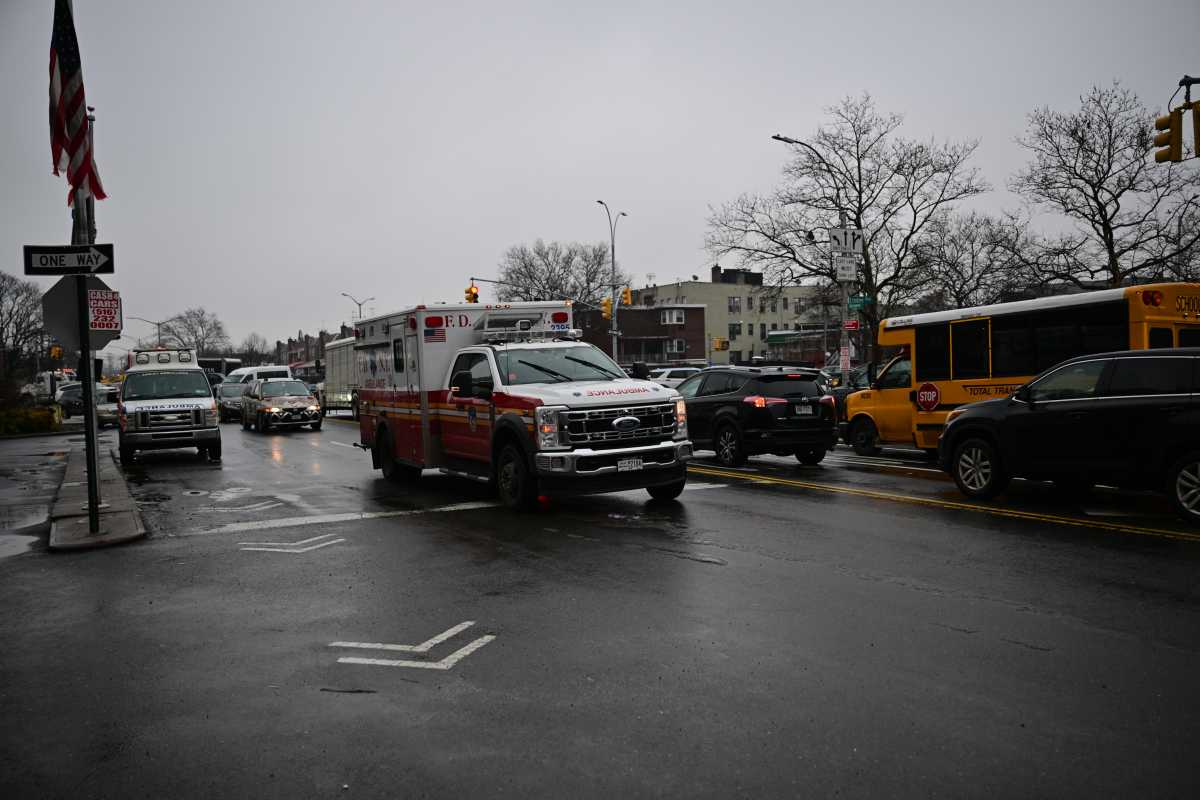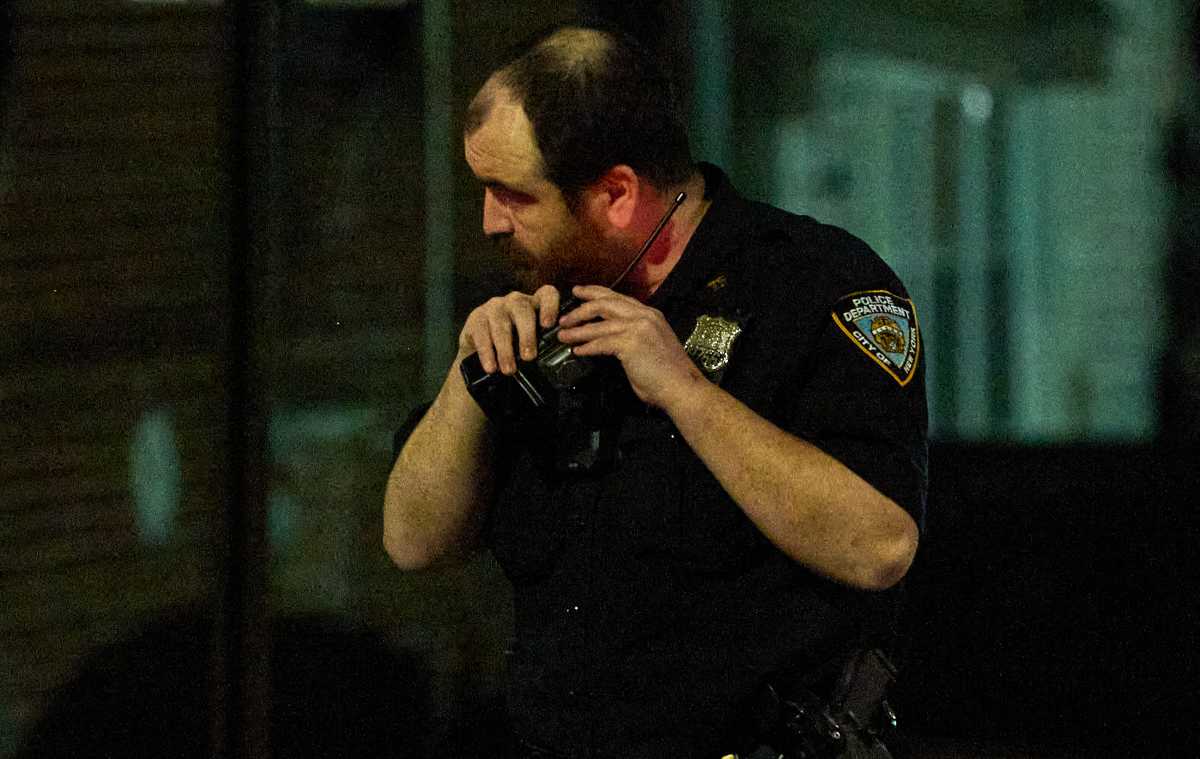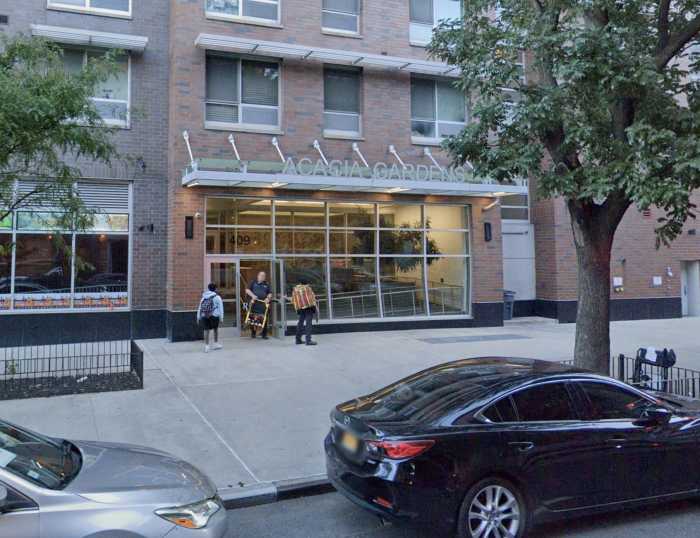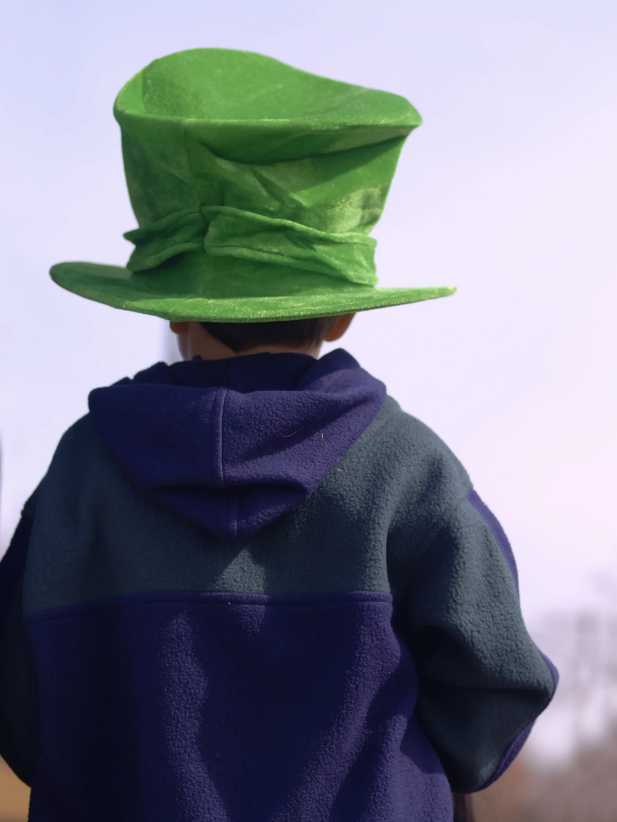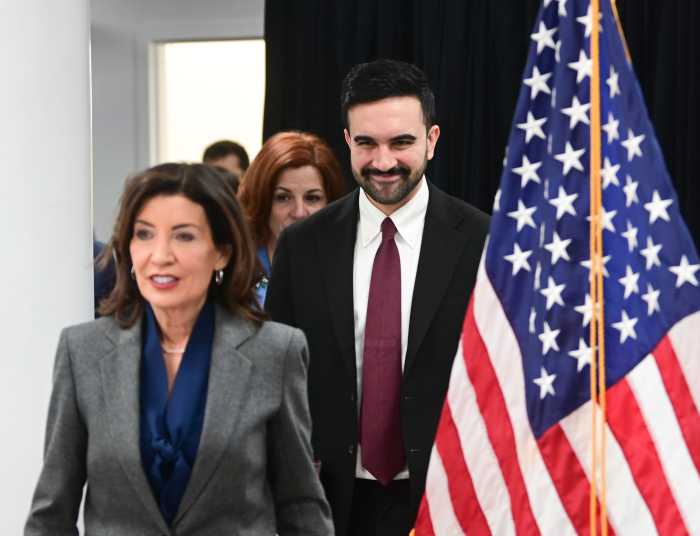Patterns of behavior in families always amaze me in the way they sneak in uninvited, like a quiet robber.
Take how we handle being upset with each other. Some people retrench to their corners to seethe in their solitary world. Some people lash out verbally or physically. Others might calmly name their emotions and try to work through the upset. Maybe it is a combination of the three that is different on different days and commensurate with how upset, hot, stressed we are.
Attempting to change patterns can be a bear. Recognition of wanting to change is a big first step. But then, how?
There is so much to be aware of in ourselves to even begin to see patterns, let alone to be able to catch oneself in time before the usual instincts kick in. The mind begins to whirl and shake and then we’re off, deep in the familiar place of seething solitude or vitriolic anger we swore we would never visit again. We can almost feel how things might have turned out if we had been able to notice and name the emotion before our instinct kicked in.
Where do those impulses to flee or get fired up come from?
I dare say, they start early.
A friend recently referred to the creation of self, that strange alchemy of nature and nurture, as deriving from “the water we swam in.”
So much goes into that water it could take many lifetimes to determine. But taking a little gander into that rippling tide can be illuminating. Parenting seems so often to require it.
Whenever I imagine that my less-healthy patterns — my passive aggressiveness, my retrenchment, my vitriol — get passed on to my progeny, it can stop me short. I have to remember to stop, and pay attention to my breath.
Shake it off.
I try not to get too angry at myself. The more toxic bits in the water in which I waded to get to this point are nobody’s fault exactly but a mere continuation of unexamined patterns from the past. To find a solution takes gentle examination and open eyes with which to see the present day — and the possibility of a brighter future.
My kids don’t want to talk about any of this. It is just in my actions that I have to somehow impart the idea that we can train ourselves to supersede the more automatic settings of our response programming. They don’t necessarily want to know what I talked about if I saw a therapist, or how that mindfulness teacher really helped me recognize how dismissive I was being of my own real feelings and the resultant reaction that came from them.
Or do they? There are times and places that are better than others to attempt to talk about these important things, about how we act when we’re upset. Hikes work better, for example, than in the middle of a Mets game, I’ve noticed. Bits and pieces can be woven in during a dinner conversation, or when walking the dog.
Note to self: get the kids to walk the dog with you more often. Don’t listen to their resistance, know that after the first two blocks, they will settle in and start talking and listening.
Ah, relationships. It would be lovely to imagine we don’t have to work on the part we play in them and yet the ramifications of our imperfect patterns seem to be there all the time, stealing our harmony, robbing us of our happier rhythms.
The first step is the recognition, the second is forgiveness, the third is stopping to think about how we might re-program. When I look at my kids, I realize how important these steps are. Under their intense wise gazes, I better have thought through some of the ways in which I act — and thought through them again, and then again, seeking if I can some outside models who may have some good ideas on more productive patterns.



